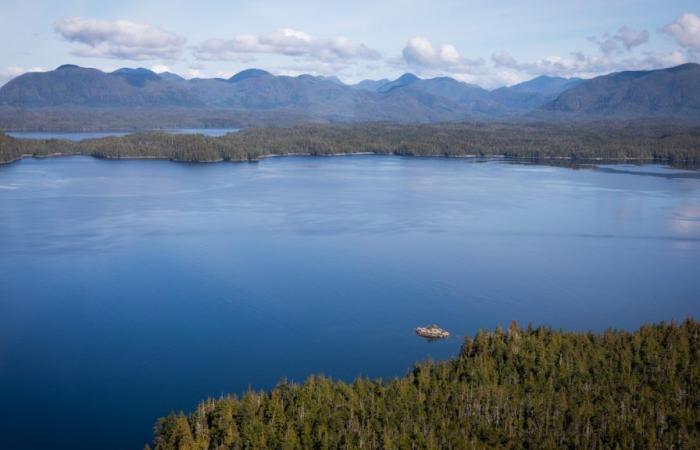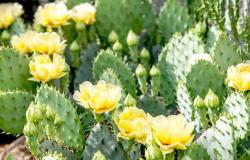An envelope of 335 million dollars will be allocated to the creation of a governance structure to protect the wildlife and marine habitats of the Great Bear Sea.
Of this sum, 200 million will come from the federal government, 60 million from the provincial government and 75 million from philanthropic structures.
Preserving nature and the beauty of our country takes work
, declared Prime Minister Justin Trudeau during a press conference Tuesday in Vancouver. He said he was working in concert with the province and 17 First Nations in British Columbia.
Invest in local businesses
This initiative is long-term funding for the stewardship and conservation of the area as well as a flexible funding allowing First Nations to invest in local businesses and community infrastructure
it is written in the Ottawa press release.
According to Justin Trudeau, this initiative will add approximately 14,000 square kilometers of newly protected areas, while promoting the sustainable development of waters located off the rainforest.
Open in full screen mode
In total, the Great Bear Rainforest covers more than 6.4 million hectares, the equivalent of the area of Ireland. (Archive photo)
Photo: Nature Conservancy of Canada
The first efforts to protect this region began in 2006, and according to the federal government website, between 2007 and 2022, more than 101,500 km2 of this area have been protected, and First Nations continue to manage it
.
Marine diversity
The Great Bear Sea is a large area of ocean located off the coast of British Columbia.
Open in full screen mode
Further revisions to the agreement are planned for 2026, according to the provincial government.
Photo : Radio-Canada
It runs alongside the Great Bear Forest, one of the only intact temperate rainforests in the world.
Open in full screen mode
A humpback whale in the coastal waters of British Columbia.
Photo: The Canadian Press / Jonathan Hayward
This area is one of the richest cold-water marine ecoregions on the planet, supporting a range of marine species including herring, salmon, seabirds, whales and kelp forests.
Return on investment
Marilyn Slett, chief of the Heiltsuk Nation on British Columbia’s central coast, says the funding is expected to bring in more than $750 million over the next two decades.
She assures that these funds will finance a essential work to restore and protect wildlife to have a healthy sea on which we all depend.
With information from The Canadian Press






